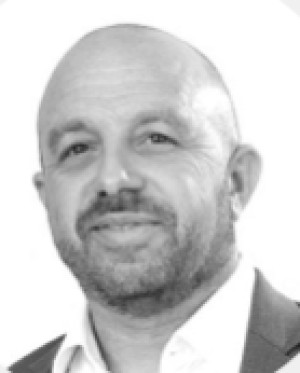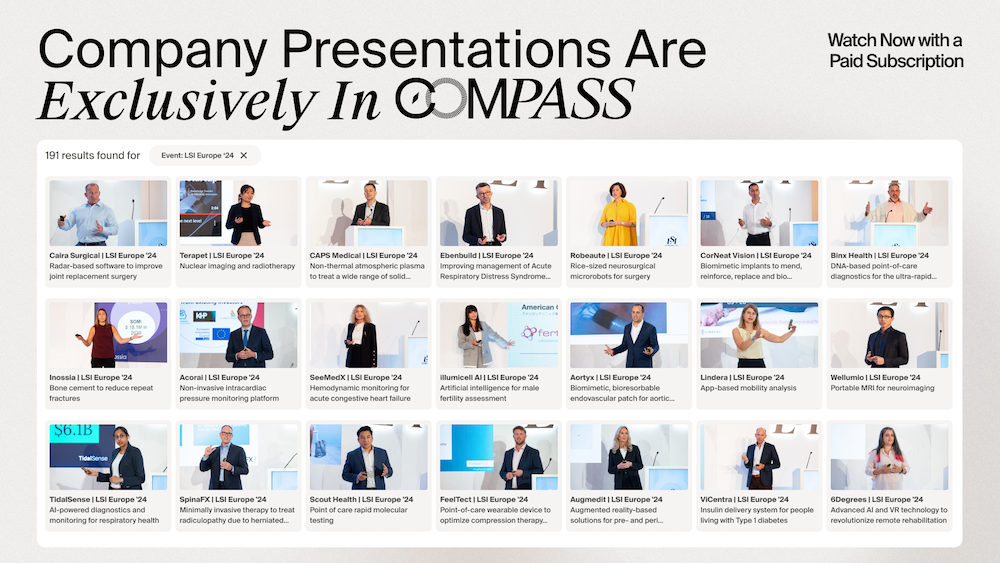- Video Library
- Ofer Sharon Presents OncoHost at LSI Europe '23
Ofer Sharon Presents OncoHost at LSI Europe '23
shaping the future of
Medtech at LSI USA ‘26
Waldorf Astoria, Monarch Beach

Ofer Sharon
Dr. Ofer Sharon is a physician and entrepreneur with 20 years of experience in clinical and commercial product development for startups in the health tech, biotech, and medical device industries. Prior to joining OncoHost, he served multiple roles in global pharmaceutical companies including Medical Director for AstraZeneca (Israel), new technolgoies scout for MedImmune, and Medical Director for MSD (Israel). He co-founded several healthcare companies, mainly focusing on bioinformatic and machine-learning platforms for clinical deterioration detection and early intervention. Dr. Sharon is a Major (res.) in the IDF and a medical company commander specializing in disaster relief. He rceived his MD cum laude from Tel Aviv University, Israel.
Ofer Sharon
Dr. Ofer Sharon is a physician and entrepreneur with 20 years of experience in clinical and commercial product development for startups in the health tech, biotech, and medical device industries. Prior to joining OncoHost, he served multiple roles in global pharmaceutical companies including Medical Director for AstraZeneca (Israel), new technolgoies scout for MedImmune, and Medical Director for MSD (Israel). He co-founded several healthcare companies, mainly focusing on bioinformatic and machine-learning platforms for clinical deterioration detection and early intervention. Dr. Sharon is a Major (res.) in the IDF and a medical company commander specializing in disaster relief. He rceived his MD cum laude from Tel Aviv University, Israel.

17011 Beach Blvd, Suite 500 Huntington Beach, CA 92647
714-847-3540© 2026 Life Science Intelligence, Inc., All Rights Reserved. | Privacy Policy







